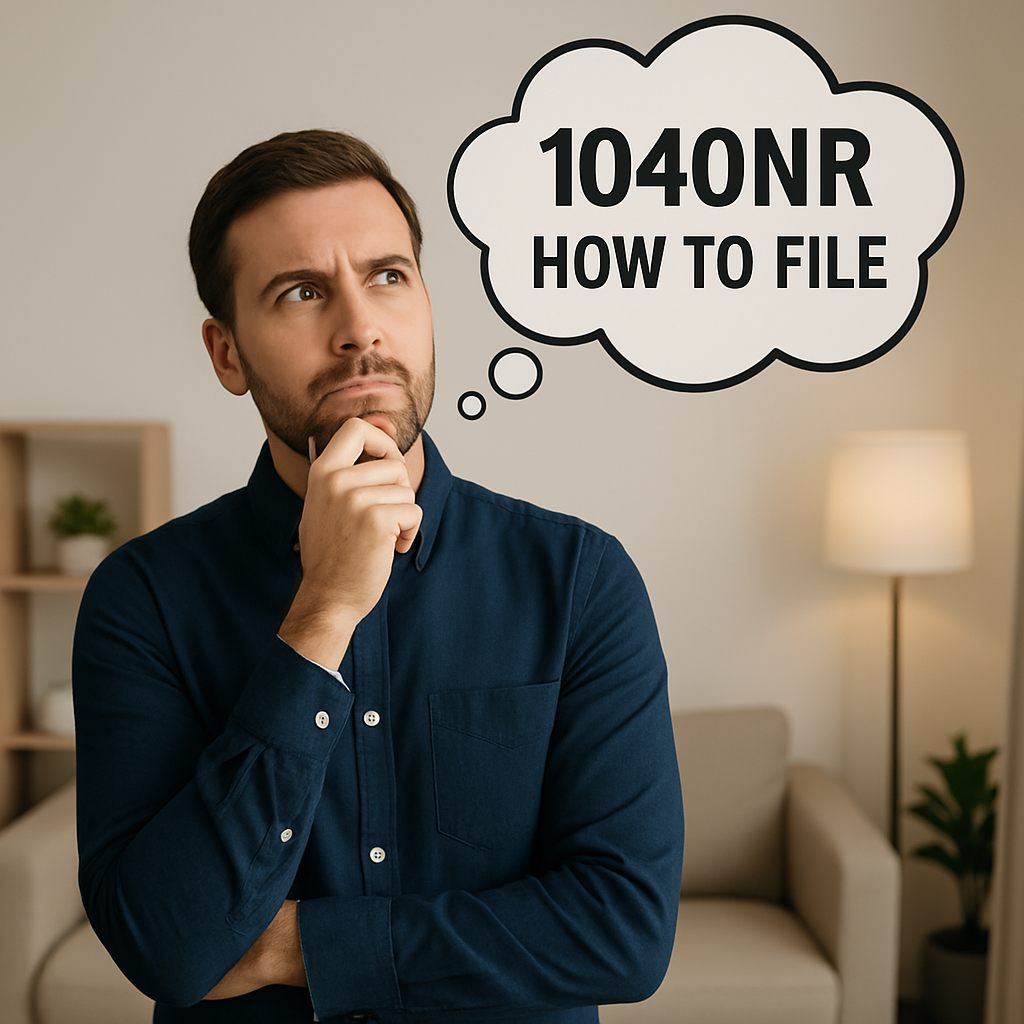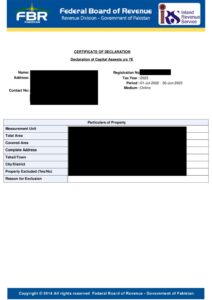Table of Contents
Taxation laws can often be complex and convoluted, especially when understanding the taxation of Conveyance Provided by Employer as outlined in Section 13 Rule 5 of the Income Tax Ordinance 2002. In this comprehensive guide, How taxation is calculated for conveyance, particularly concerning motor vehicles provided by an employer to an employee, including directors.
Assessable Amount Calculation For Conveyance Provided by Employer to Employee
The assessable amount under the salary head is a crucial aspect to comprehend, as it determines the taxable portion related to the conveyance provided by the employer.
1. Combined Personal and official use
When a motor vehicle is utilized for both personal and professional purposes, the assessable amount is computed differently based on ownership status:
| Ownership Status | Assessable Amount Calculation |
|---|---|
| Owned Vehicles | 5% of the employer’s vehicle cost |
| Leased Vehicles | 5% of the fair market value (FMV) of the vehicle at the commencement of the lease. |
2. Solely for Personal Usage
In scenarios where the motor vehicle provided by the employer is exclusively for personal use, the assessable amount is adjusted accordingly:
| Ownership Status | Assessable Amount Calculation |
|---|---|
| Owned Vehicles | 10% of the employer’s vehicle cost |
| Leased Vehicles | 10% of the FMV of the motor vehicle at lease commencement |
3. Exclusively for Official Purposes
It’s important to note that if the provided motor vehicle is used exclusively for official purposes, it is exempt from taxation.
Implications and Compliance
Understanding the taxation rules surrounding conveyance is essential for employers and employees to ensure compliance with the Income Tax Ordinance 2002. Failure to adhere to these regulations can result in penalties and legal repercussions.
Employers must accurately assess the usage patterns of the provided motor vehicles and calculate the assessable amount accordingly to avoid any discrepancies during tax assessments. Similarly, employees should be aware of their tax liabilities arising from the conveyance provided by their employer.
These rules apply to all employees, including directors of companies, as they are considered “employees” for this purpose.
Conclusion
In summary, taxation regarding conveyance, as per Section 13 Rule 5 of the Income Tax Ordinance 2002, is a multifaceted subject that necessitates a clear understanding of the assessment criteria and computation methods. By comprehensively delineating the assessable amounts based on ownership status and utilization purposes, both employers and employees can navigate the intricacies of conveyance taxation with clarity and compliance.
Example: Alia’s Conveyance Taxation
Let’s illustrate these principles with an example involving Alia, an employee of XYZ Corporation. Alia is provided with a company car by XYZ Corporation for both personal and professional use.
- Scenario 1: Owned Vehicle
- If Alia’s company car is owned by XYZ Corporation, and she uses it for both personal and professional purposes, the assessable amount for taxation would be 5% of the vehicle’s cost to the employer.
- Scenario 2: Leased Vehicle
- Alternatively, if the company car is leased, the assessable amount remains the same at 5% of the fair market value of the vehicle at the commencement of the lease.
- Scenario 3: Solely for Personal Use
- Suppose XYZ Corporation provides Alia with a car exclusively for personal use. In this case, if the vehicle is owned by the employer, the assessable amount would be 10% of the vehicle’s cost. Similarly, if it’s a leased vehicle, the assessable amount would be 10% of the FMV at the beginning of the lease.
- Scenario 4: Exclusively for Official Purposes
- If Alia is provided with a vehicle exclusively for official purposes, such as for business meetings and client visits, then the conveyance would be exempt from taxation.

FAQs (Frequently Asked Questions)
Q1: Are all motor vehicles provided by employers subject to taxation under Section 13 Rule 5?
A1: No, only motor vehicles provided for personal and professional use are subject to taxation. Vehicles used exclusively for official purposes are exempt.
Q2: How is the assessable amount calculated for owned vehicles?
A2: For owned vehicles, the assessable amount is calculated as a percentage of the employer’s vehicle cost, either 5% for combined usage or 10% for personal use.
Q3: What happens if the vehicle provided by the employer is leased?
A3: If the vehicle is leased, the assessable amount is determined based on a percentage of the fair market value (FMV) of the vehicle at the commencement of the lease, either 5% for combined usage or 10% for personal use.
Q4: Are there any circumstances where the conveyance provided by the employer is exempt from taxation?
A4: Yes, if the motor vehicle is used exclusively for official purposes, such as business-related travel, it is exempt from taxation under Section 13 Rule 5.
How Can I Help You?
- Return Filing Services:
- Whether you need assistance with individual or business returns, I’ve got you covered. Your returns will be prepared professionally and in accordance with Income Tax rules.
- Customized Solutions:
- Have specific requirements or unique situations? Let’s discuss your needs, and I’ll tailor my services to meet your individual circumstances.
Contact Options:
- YouTube Description:
- Find my number in the YouTube description and drop me a message. I’ll get back to you as soon as I’m available.
- Website:
- Visit my website and give me a call or leave a message. I’ll respond promptly to address your queries.
- WhatsApp:
- Prefer WhatsApp? Feel free to send me a message, and I’ll assist you as soon as I’m available.
Professional and Rule-Compliant Services: Rest assured that the services provided will be professional and adhere to Income Tax rules. Your peace of mind is my priority, and I’m committed to offering you the best solutions.
Feel free to reach out whenever you have questions or require assistance with your income tax matters. Looking forward to helping you navigate the world of taxation seamlessly! JazakAllah!






